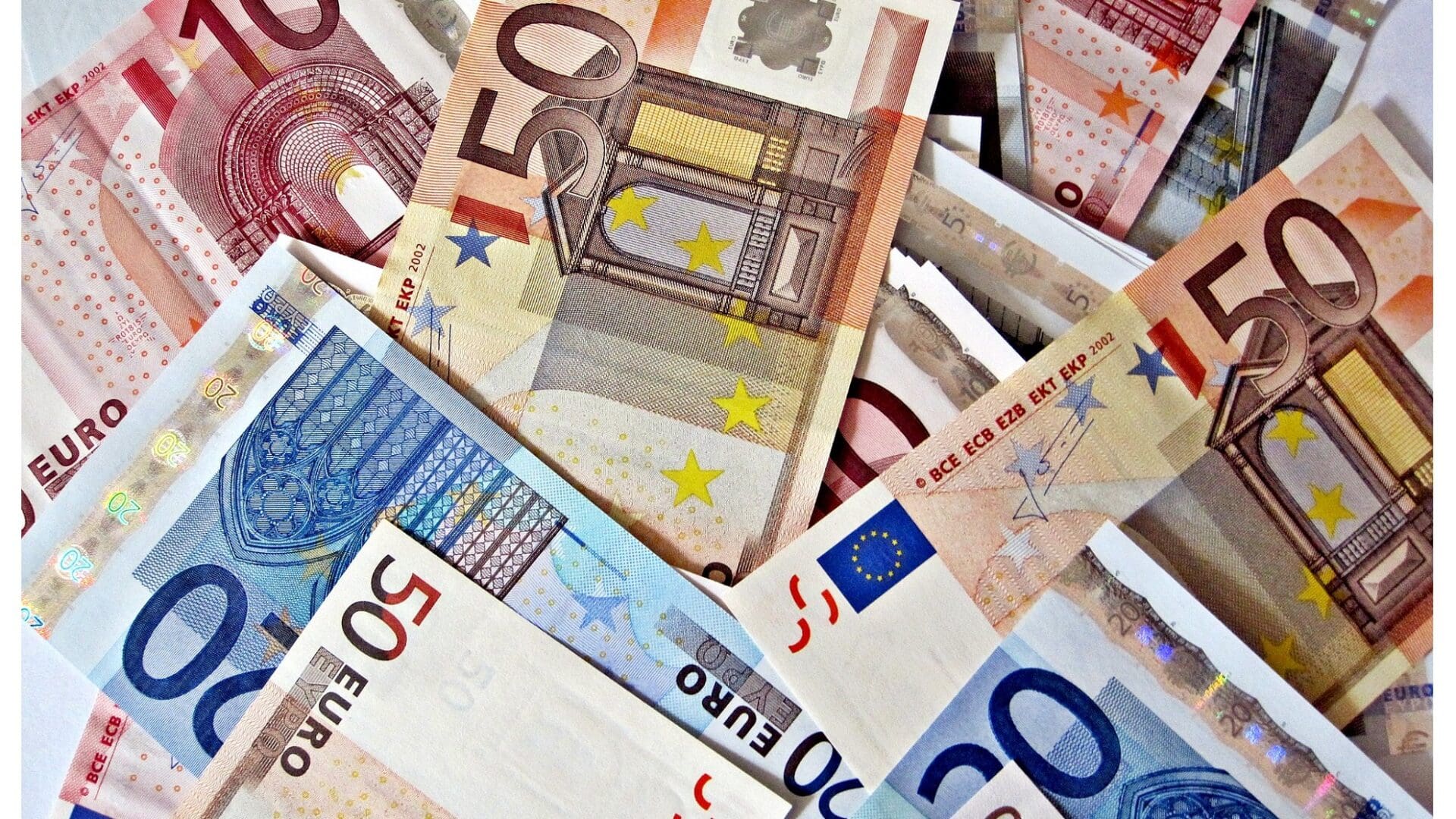In a Facebook post on Tuesday, 5 March Fidesz MP Barna Pál Zsigmond announced that €2 billion of EU funding will be unlocked for the country soon. This is in addition to the €10.2 billion released in December 2023.
According to MP Zsigmond, the EU Commission decided to release the additional funding after accepting the results of the Hungarian government’s self-audit on reforms made in the public education system and in the ‘area of equality between genders’.
‘In other words, these specific enabling conditions are also, in the Commission’s view, fulfilled, as a result of which Hungary can start claiming reimbursement of the costs for the parts of the programmes to which they apply,’ he concluded his post.
The EU first halted COVID recovery payments to Hungary in July 2021, amidst the controversy surrounding the Child Protection Act passed by the Hungarian National Assembly. Later, it froze so-called ’cohesion fund’ payments as well, due to supposed ‘rule of law’ concerns. The total amount of the frozen EU funds due to Hungary eventually ballooned up to around €36 billion.
However,
some recent events suggest that tensions between Brussels and Budapest are calming down.
After tough negotiations, Hungary did not veto the beginning of the accession talks with Ukraine, and ended up approving a €50 billion aid package to the embattled Eastern neighbour, funded by a common loan of the EU member states. Additionally, the Hungarian parliament approved Sweden’s accession to NATO, clearing all obstacles in their way to become the 32nd member state in the alliance.
The other side of the coin is that the EU Commission decided to unfreeze €10.2 billion in EU funding to Hungary in December 2023, despite pressure from liberal-progressive MEPs (even ones from Hungary…) to not do so. €779.5 million of the total sum has already been transferred to Hungary, and is now part of the national budget.
In addition, the Orbán administration will also receive €920 million as part of the Union’s REPowerEU plan, designed to help Member States transition to green energy supplies. This is not part of the €36 billion of frozen EU funds and the payment is not tied to any conditions related to the rule of law assessment process.
Related articles:








